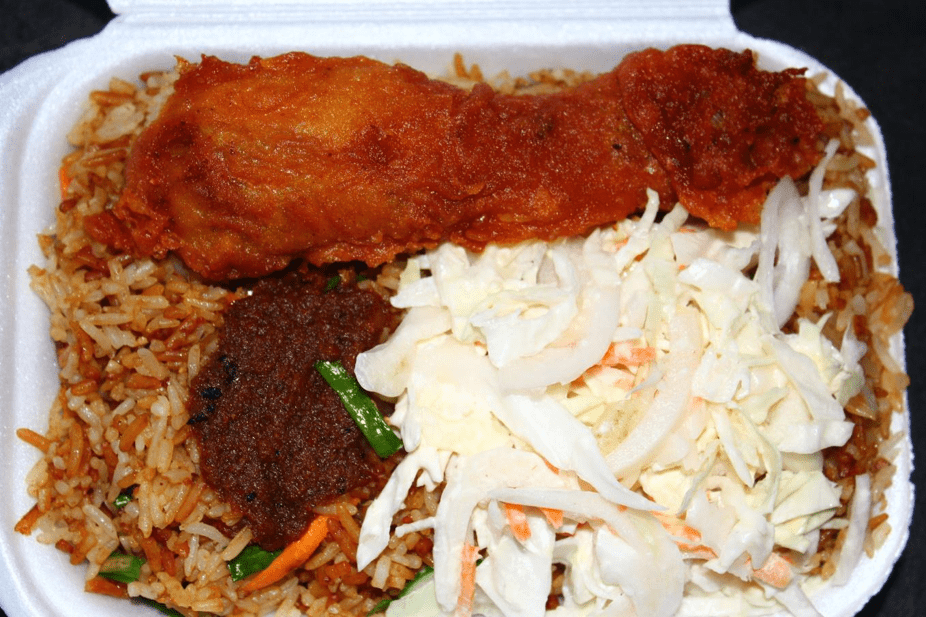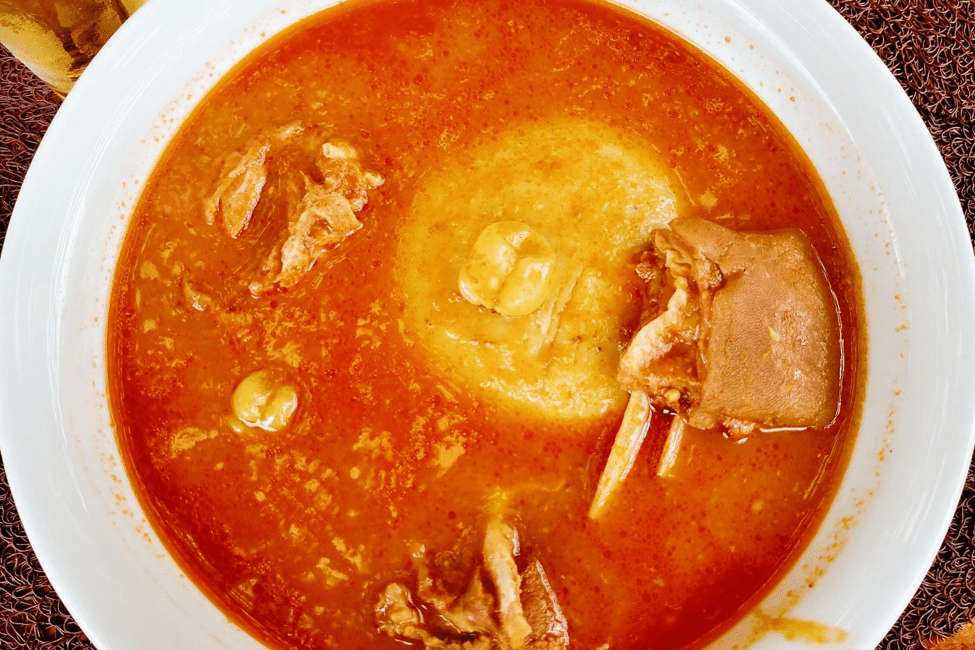I fondly reflect on my multiple times spent in West Africa (Togo, and most recently Ghana); however, I do not boldly state “Africa changed my life”. Do a quick Google search of those four words, and you will find hundreds of blogs and YouTube videos where those who have travelled to the continent convey “how Africa changed their lives”. I did not experience the personal epiphany many write about. Perhaps, I am travelling wrong. My life in Canada is largely the same upon return from West Africa. I am still the same person with the same interests, and same passions. Travelling to Africa does not change your life. It does, however, help shape your perceptions on international development issues. Development is contextual, and I believe the best way to understand development is to immerse yourself in the discomfort of the world.

I study food. I perceive food as the “elixir of life”. Your quality of life is dependent on the quality of food you consume. Food security is frequently conveyed as an issue of physical supply and financial accessibility. I am adamant on furthering the importance (both academically, and in the practice of international development) of nutritional adequacy of food. While in Accra, Ghana I ate how a normal, middle-class Ghanaian would. I ate largely at roadside food stalls. Quick and easy, ready-to-go food. The emerging middle-class in Ghana is experiencing the same phenomenon as the middle-class in Canada: we simply do not have the time to cook. The blame is easily placed on increasingly demanding work commitments. I personally put food as a priority. While my dishes do not bring me any closer to Guy Fieri’s “Flavourtown”, I understand what I should and should not be putting in my body. Moreover, I know that most of the middle-class population simply does not have the time to prioritize food, which leads them to road side food stalls. Road side food stalls in Accra generally sell a variety of the following: Jollof rice, chicken and fried rice, fufu and soup, kelewele (spicy fried plantains), waakye (cooked rice and black-eyed peas), or kebab. Kebab is questionable as it comes in the following flavours: chicken gizzard, or “meat”. If you are wondering what “meat” could entail, I’ll give you one hint: “woof”.
Let us put food stall options into nutritional perspective. A serving, such as the photo above, is typically around GH¢5 which is approximately $1.40 CAD. In contrast, the price of a mango at a fruit stand is about GH¢6. One option fills you for a long period of time with little nutritional value. The other is a snack at best, but has high nutritional value. If you perceive your greatest return per Ghana cedi as “how long will it fill me for”, I think it is obvious which to choose. Essentially, the situation boils down to calorie versus nutrients. This is the choice many Ghanaians living in Accra are faced with and represents one of the many situations I am currently trying to unravel. Can Ghanaians who can financially afford these food stall choices be considered food secure? Not only is nutritional adequacy absent from these options, but the level of hygienic conditions is also questionable. During my short 2 months of field work in Ghana, I was severely sick twice from food stalls. One time was a 24-hour food poisoning. The second time I seriously considered writing my will. This makes me question how many locals find themselves ill from eating from food stalls, or if they are equipped with iron stomachs that have adapted to the hygienic conditions.

Food stalls are not middle-class Ghana’s only food option. Fast food is becoming more prevalent, specifically in Accra and Kumasi. Granted, food stalls may be considered “fast food” in Ghana as the food is pre-cooked and scooped into a takeaway container. I am not talking about the food stall “fast food”. I am talking about multi-national fast food corporations, specifically YUM Brand Foods Inc. You may not recognize YUM Brand Foods, but you do recognize KFC and Pizza Hut. There is one KFC I am aware of in Accra. It is located in the bustling neighbourhood of Osu. Pizza Hut is located in Accra Mall. What is most startling is the social status that accompanies the consumption of these foods (if you can even call what KFC and Pizza Hut produces “food”; perhaps “pseudo-food” is more appropriate). From what I gathered from casual conversation with locals in my age group (early to mid-twenties), they see this food as “rich person food” because they believe this is what “I eat in Canada”. Those consuming KFC and Pizza Hut in Accra love to put photos of themselves eating these pseudo-foods on social media platforms, especially Instagram. This puts into perspective the power multi-national fast food corporations have over consumer preference. A fake demand for these products has been created because it is “what people in Canada eat”, and “we should eat more like them”. Personally, it is not what I consume. I would hope it is not what a lot of Canadians consume. Multi-national fast food corporations do not and should not have as powerful of an international reach as they do.
In a broader perspective, what I discovered of Accra’s changing food situation makes me question when international development will begin prioritizing nutrition in food security. I am not being absolutist in the previous statement. The Scaling Up Nutrition (SUN) Movement has helped raise awareness in recent years and there are organizations working in development that include the nutritional lens in food security projects, but not all. Simply put, it needs to be all. If food is the “elixir of life”, then all food available and accessible to consume must be rich in nutrients, so the body can function to its highest capability. My time spent in West Africa has helped me understand the full story of the escalating urban food issues. Studying Ghanaian food security also positively impacted my relationship with nature. Specifically, I brought a “would-be ‘meat-variety’ kebab” home to Canada with me. Now, I have developed a deeper appreciation for the relationship between nature and society. While travelling to West Africa did not “change me”, I now have a partner-in-crime for my next development adventures.


Chelsea Masse is currently completing her M.A. in Political Science and International Development at the University of Guelph. Broadly, her research interest lies in food security and food systems in the West African context. Chelsea previously completed her B.A. in Political Science at the University of Windsor.

